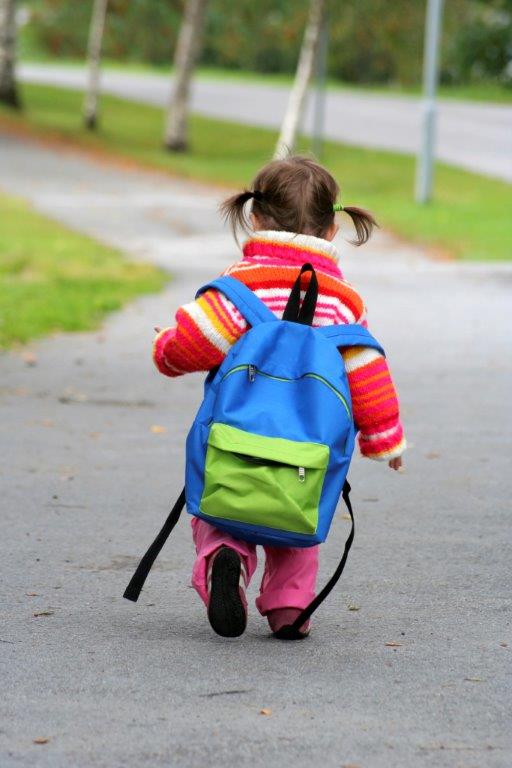Unstaffed open site, no booking required
Early Years (2-4)
Early Years (2-4)

In recent years there has been a cultural shift in our society that has reduced the access and use of outdoors for many young children.
A number of factors are blamed, including increased fear amongst adults in relation to children’s safety, anxieties about the threat of abduction, and technological advances leading to an overwhelming prominence of more sedentary indoor activities, such as television and computer games. However, the developmental needs of young children have remained constant and the outdoor environment continues to be essential to their health, development and well-being. Therefore, regular opportunities for sustained periods of play in a rich and stimulating outdoor environment offer a wide range of benefits to babies, toddlers and young children.
The Early Years Foundation Stage (EYFS) Curriculum, which covers children aged birth to the end of the Reception year, became statutory in September 2008 and places strong emphasis on the importance and value of daily outdoor experiences for children’s learning and development.
Learning outside the classroom supports the development of healthy and active lifestyles by offering children opportunities for physical activity, freedom and movement, and promoting a sense of well-being. It gives them contact with the natural world and offers them experiences that are unique to outdoors, such as direct contact with the weather and the seasons. Outdoor play also supports children’s problem-solving skills and nurtures their creativity, as well as providing rich opportunities for their developing imagination, inventiveness and resourcefulness.
And, of course, the outdoor environment offers more space than indoors and therefore is particularly important to those children who learn best through active movement. For many children, playing outdoors at their early years setting may be the only opportunity they have to play safely and freely while they learn to assess risk and develop the skills to manage new situations.
While many of these experiences will take place on-site, outdoor learning may also take place within the local community, for example a walk to the bakery, or past the building site on the way to the park. These off-site ‘expeditions’ offer both children and adults a catalyst for play and conversations. Ultimately, play and learning that flow seamlessly between indoors and outdoors make the most efficient use of resources and build on interests and enthusiasms. Forest Schools are growing in popularity across the UK and are increasingly offered as part of the early years curriculum in schools and settings.
Finally, parental involvement in children’s learning is particularly important in the early years as parents and carers are the child’s first educators. Early years settings, including children’s centres, are increasingly involving parents in developing and using their outdoor areas and in supporting other outdoor learning opportunities.
Suitable Venues
Chillerton Down and the land around Gatcombe village is a beautiful area of downland, farmed and wooded valleys hidden away in the middle of the Isle of Wight.
It is partly owned by the National Trust and partly protected by National Trust covenants to preserve the beauty of the landscape.
From the world's first industrial city to 24-hour party capital, MOSI takes you on a journey through Manchester's heritage with sights, sounds and even smells! You can see what it was like to work in a cotton mill during one of our textile demonstrations, see one of the world's largest collections of working steam mill engines or even venture into a Victorian sewer.
Pages
Featured Provider
Login/Sign Up
Latest News
Schoolboy Falls From 60ft Cliff on School Trip

A 15-year-old boy fell 60ft over the edge of a cliff whilst on a geography school trip, miraculously only suffering minor injuries.


